Please login or click here to join.
Forgot Password? Click Here to reset pasword
A tradition exists that Nunney Castle's sole pig was subject to daily torture when the castle came under siege in 1645 during the English Civil War. This was supposedly to make the attackers think there was plenty of livestock within. The poor animal suffered needlessly, the siege was short lived, with the officer, eight men and a few refugees, surrendering after only two days.
It is as a romantic ruin that the castle is best known today. The castle originated as a royal property, it was built in 1373 when Sir John de la Mere became tenant-in-chief and obtained a licence to crennelate from Edward III.
A church already stood in the most prominent position, so in contrast Sir John chose a low-lying site in which to construct his castle. The fact that he had served in the French wars, is perhaps the reason why the castle was built in the style of a French chateaux. The site was very small, the castle was not large in the usual way of English castles from the period, it had towers that almost touched and walls so thin they were unable to withstand cannon fire. What it did have was an unusually deep moat, said to be the deepest in the country.
In 1910 the fragile walls collapsed into the moat. Later it was cleared and today it is fed by a small stream. Visitors to the castle should cross the footbridge over the moat and then another over the stream, this brings you to the church. It is an historic place with fine features from many centuries, especially the stone effigy of Sir John de la Mare.
The ruins are quite splendid and well worth seeing. The village of Nunney is pleasant with cottages of grey Mendip stone and a meandering stream running right through it.
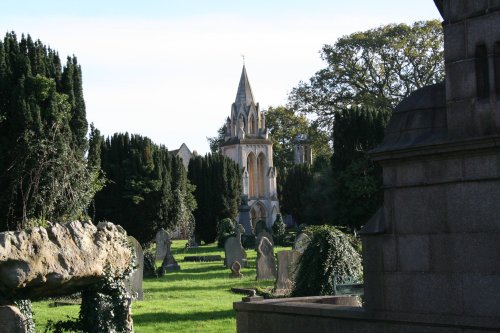
a Historic Market Town in the county of Wiltshire
(10.5 miles, 16.9 km, direction NE)Trowbridge is a historic town crammed with attractive stone buildings. It originated as a settlement along the Biss and flourished from the wool and weaving trades and from these periods there remain many magnificent merchant houses...
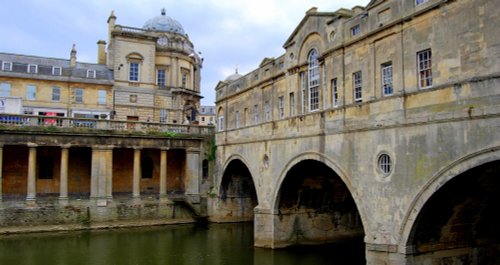
a Historic City in the county of Somerset
(11.3 miles, 18.2 km, direction N)Bath is an elegant city famous for its beautiful Georgian architecture and its Roman attractions from which it got it's name. The traveller James Boswell who visited the city.....
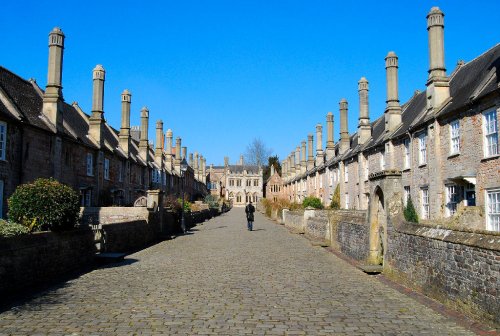
in the county of Somerset
(11.4 miles, 18.4 km, direction W)Wells, situated at the foot of the picturesque mendip hills, is most certainly one of England's most delightful cathedral cities...
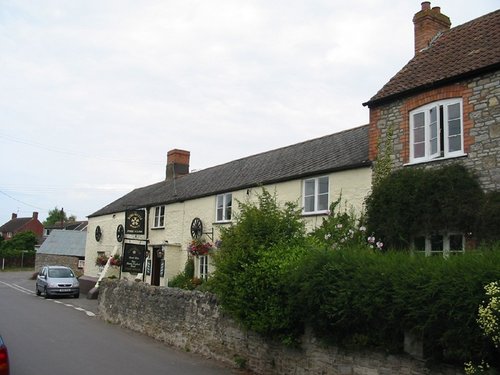
a Picturesque Village in the county of Somerset
(13.3 miles, 21.5 km, direction W)..

a Historic Market Town in the county of Somerset
(15.3 miles, 24.7 km, direction W)This little town now enjoys world renown for its annual music festival which attracts thousands of visitors from all over the globe. None-the-less, this still remains very much a.....
All towns in Somerset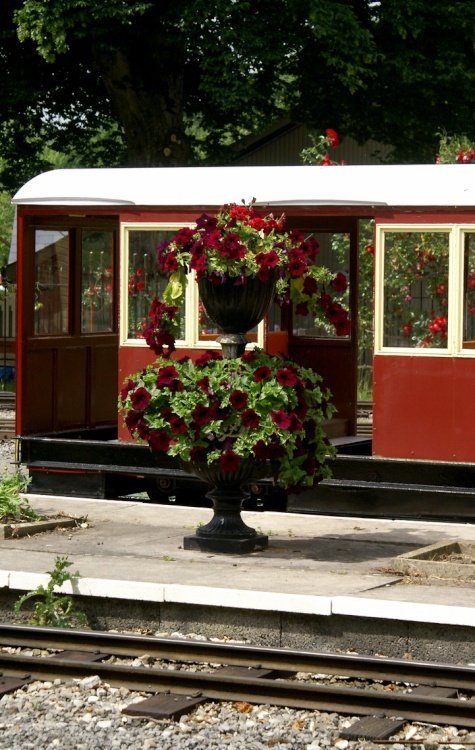
On entering the great grounds of Longleat House through the entrance known as "Heaven's Gate" visitors are immediately struck by.....

Designed by Henry Hoare II, Stourhead is one of England's most picturesque landscape gardens with classic temples and palladian.....
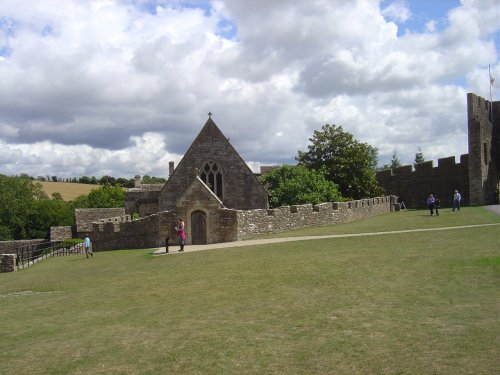
In 1383, the then Speaker of the House of Commons, Sir Thomas Hungerford had to be pardoned for building Farleigh Hungerford.....
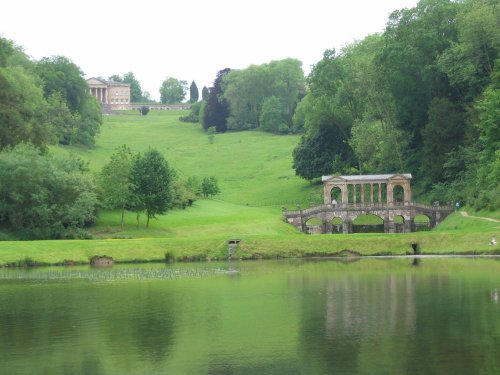
Capability Brown had a hand in establishing the stunning landscape of Prior Park. His services, together with the advice of.....
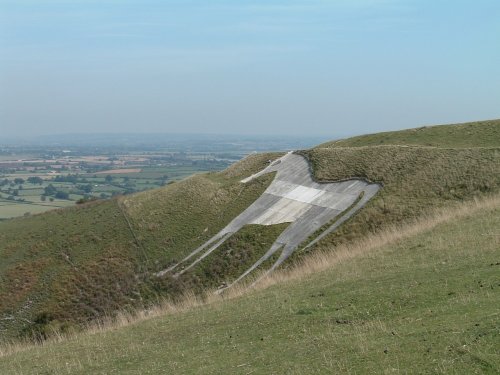
..